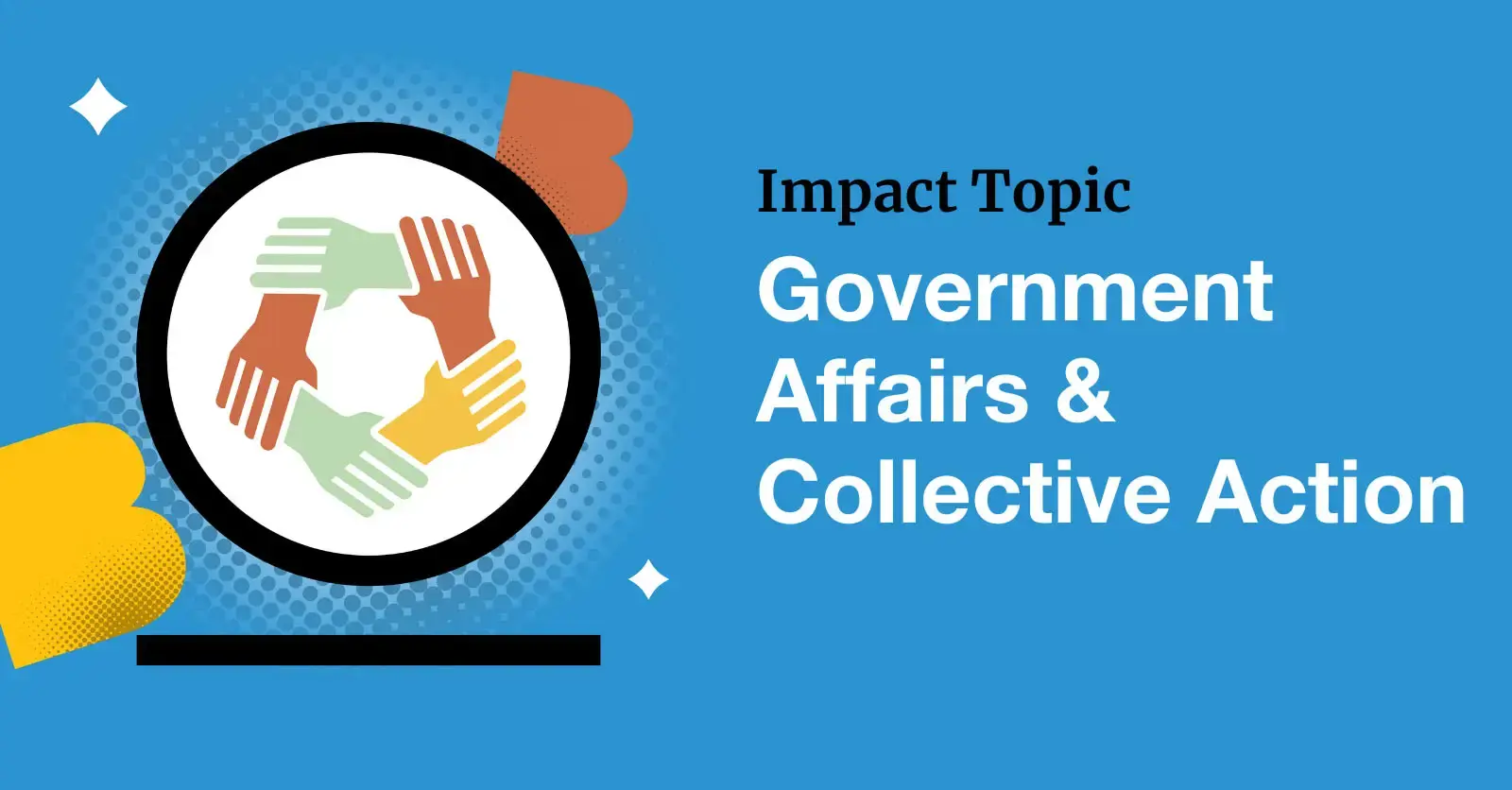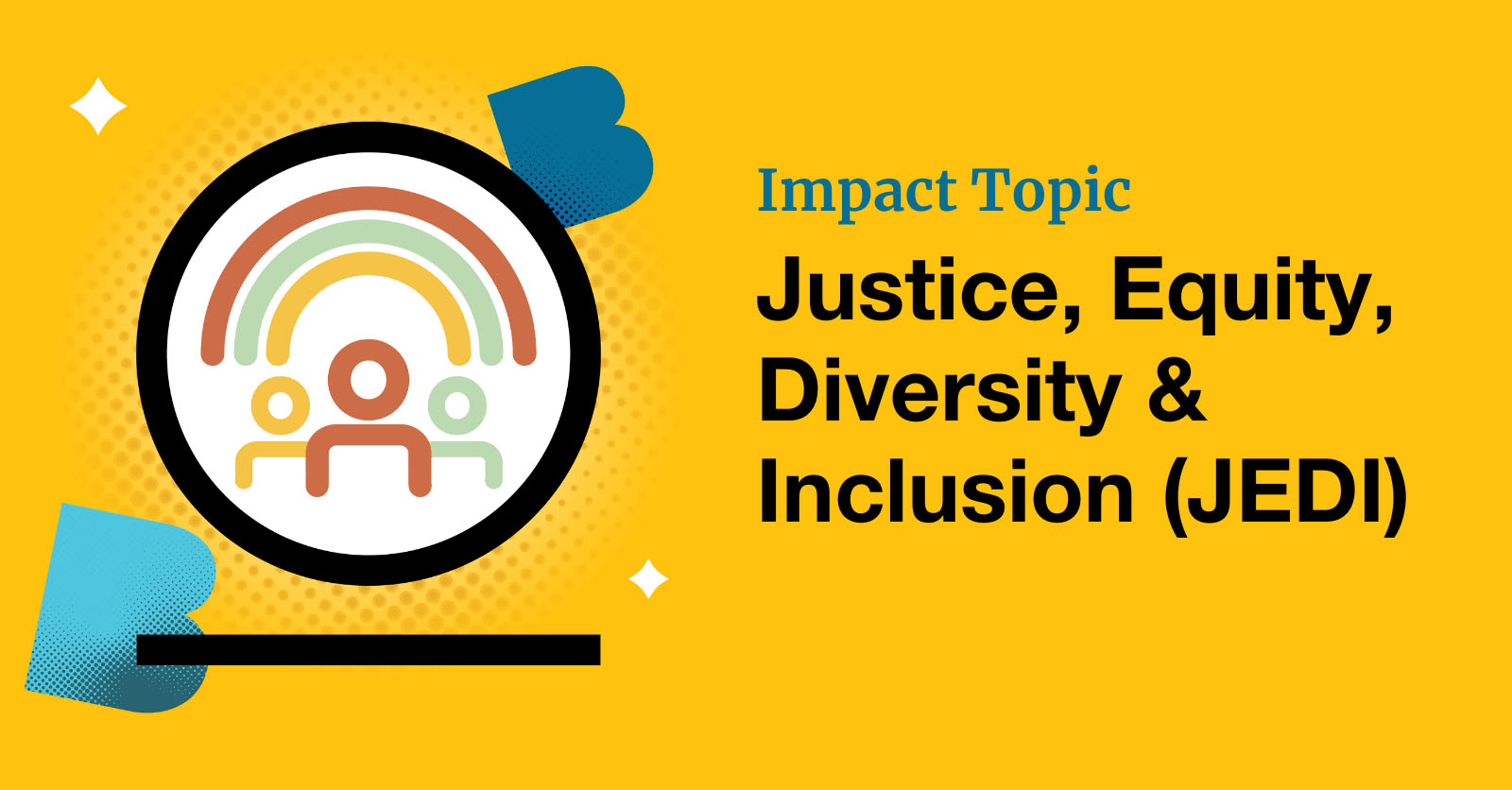
As part of a new update for the B Corp certification process, B Lab has introduced a new set of global standards that are expected to be implemented by 2026. These changes mark a shift from the flexible, point-based system to a clearer, impact-led framework, requiring companies to meet baseline standards across all seven of the new Impact Topics.
What are Impact Topics?
Under the previous B Corp framework, businesses were assessed across five impact areas: Governance, Workers, Community, Environment, and Customers. While this points-based system offered flexibility, it also allowed companies to score highly in one area whilst underperforming in another. The new standards replace this with seven mandatory Impact Topics, each with clear, non-negotiable requirements. These Impact Topics are:
Purpose & Stakeholder Governance
Worker Engagement
Fair Wages
Climate Action
Human Rights
Circularity & Environmental Stewardship
Government Affairs & Collective Action
What is Government Affairs & Collective Action (GACA)?
This new Impact Topic reflects B Lab’s growing recognition that businesses don’t operate in a vacuum, and that their influence on policy, regulations, and public discourse has a large impact on both people and the planet.
In short, it’s about holding businesses accountable for:
How they engage with government
What causes they advocate for
Who they align with through partnerships and lobbying
Whether their influence is being used to advance or obstruct progress on social and environmental issues
Certifying and re-certifying businesses must now actively demonstrate that their advocacy aligns with their stated values and impact goals, particularly in areas like climate justice, equity, and human rights.
What are the new updates for Government Affairs & Collective Action?
Companies are now required to disclose their material lobbying positions, in addition to their political contributions.
Lobbying requirements on ineligible lobbying practices now apply to all company sizes.
Guidance has been added on a responsible lobbying policy, covering lobbying based on scientific data, anti-corruption and anti-bribery measures, and controls for intermediary organisations.
In alignment with the GRI Tax Standard, there are additional disclosure requirements for XXL companies (those with over 10,000 full-time employees), including publishing a country-by-country tax report.
What are the key requirements for GACA under the new standards?
Political donations, lobbying efforts, and memberships in trade associations must align with the businesses’ purpose and stakeholder commitments. Companies must disclose and review these activities regularly.
Public reporting on policy engagement, advocacy positions, and how government relations reflect impact strategy.
Encouraged participation in multi-stakeholder initiatives that seek systemic change (required for some companies).
Why is the addition of GACA important?
Historically, corporate lobbying and political influence has been opaque, inconsistent, and often at odds with sustainability or justice goals. By requiring transparency and alignment, B Lab is creating a framework where businesses are judged not only by their internal practices, but by how they advocate for positive changes for people and the planet. For example, a company that publicly supports net-zero goals but funds a trade group lobbying against climate policy would not meet this standard.
How to certify with the new B Lab Standards
These updated B Lab Standards will be introduced through phased implementation, with full rollout expected by 2026. At transformacy, we’re already working with clients to prepare for these new standards.
Ready to futureproof your B Corp journey? Book a call with us today.



